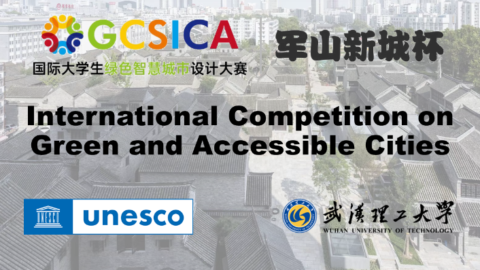In recent years, we have seen a call for more government intervention, and a movement against capitalism, to save the economy from failing market forces. However, it can be argued that it is not capitalism, but crony capitalism, that is hindering economic recovery. While these two terms are fundamentally opposed, they are often confused by the general public.
Crony capitalism occurs when government and businesses collude to create advantages for some at the expense of others. It distorts market competition and can promote reckless behavior, leading to power and money shifts, and creates unequal opportunities for those involved. Crony capitalism can take several forms, including taxes, tariffs, subsidies, price controls, regulations, and bailouts. Society pays the economic and socials costs of cronyism. These costs include corruption, reduced competition, less business and job opportunities, inflated prices, and a general decrease in economic activity.
Using a historical perspective (as opposed to a hypothetical), empirical evidence, and economic analysis, examine a form of crony capitalism and the cost that it imposed or still imposes on society as a whole. You can use a specific example, or many, to argue your case, or, examine crony capitalism in a broader context. Your essay does not have to include Canadian examples.
Showcase your ideas on public policy and the role of markets by entering our essay competition.
- New prize amounts for 2014: $9,000 in cash prizes awarded this year.
- Special category for high school students only.
- Winning essays may be published in Fraser Institute journals.
For more information, click here.





